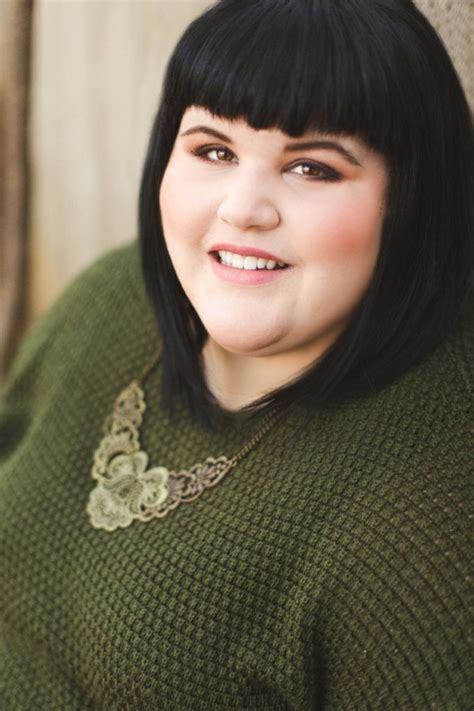Top 18 Quotes & Sayings by Derek Ridgers
Explore popular quotes and sayings by an English musical artist Derek Ridgers.
Last updated on April 13, 2025.
It's more about subtracting every single buck from the tourists that still flock there. Gentrification and the need for developers to maximize their profits from every square inch of the place means that there just aren't any scruffy little basement clubs left. Those scruffy little basement clubs were the areas lifeblood. Now, it's all penthouse flats and global brands. They destroyed the very thing that drew people there in the first place - it's superficial sleaziness.
Many nightclubs from this era were very loud and very dark. Plus some of the best ones were incredibly crowded. To begin with, I could seldom get back far enough to get people into frame from head to foot and when I could, people would be constantly walking in front of me all the time. Then I bought a 24-mm lens and only had to be four or five feet away.
The reason why so many of my photographs in the book were taken in stairwells and corridors was that that was the only bit of spare space available and, in some cases, the only place where there was enough light to see anything. Even then, it was often so dark that I couldn't tell which gender my subject was (not that I particularly cared) and too dark, before the era of autofocus, to focus. I had to find a light (or carry a torch) and pre-focus.
I started out, in the mid-'70s, taking photographs of rock bands that I liked but not because I really wanted to photograph them. Initially, I was pretending to be a photographer, simply so that I could go up to the front of the crowd and be a bit closer to the bands. But, I found I was gradually developing an interest in the photos I took.
In the age of social media, you have the selfie and some people - not always young people - seem obsessed with showing the world what their face looks like almost every day. Just like some people are obsessed with showing the world what their dinner looks like. It's beyond my understanding to be honest.
Only a very small proportion of us take those excesses with us into later life. In the age before everyone had a camera, it was worthwhile, in my opinion, to record those excesses. Sometimes, many times actually, the young people I photographed were only dressed that way for one night; that one night that they got snapped by me.
I preferred that option, where my camera (and by proxy, me) could look them straight in the eye. The way they reacted to me was always interesting. Sometimes hard young men would reveal vulnerability and a softer side. In the case of teenage girls, I often got a fascinating glimpse of the woman inside.





















